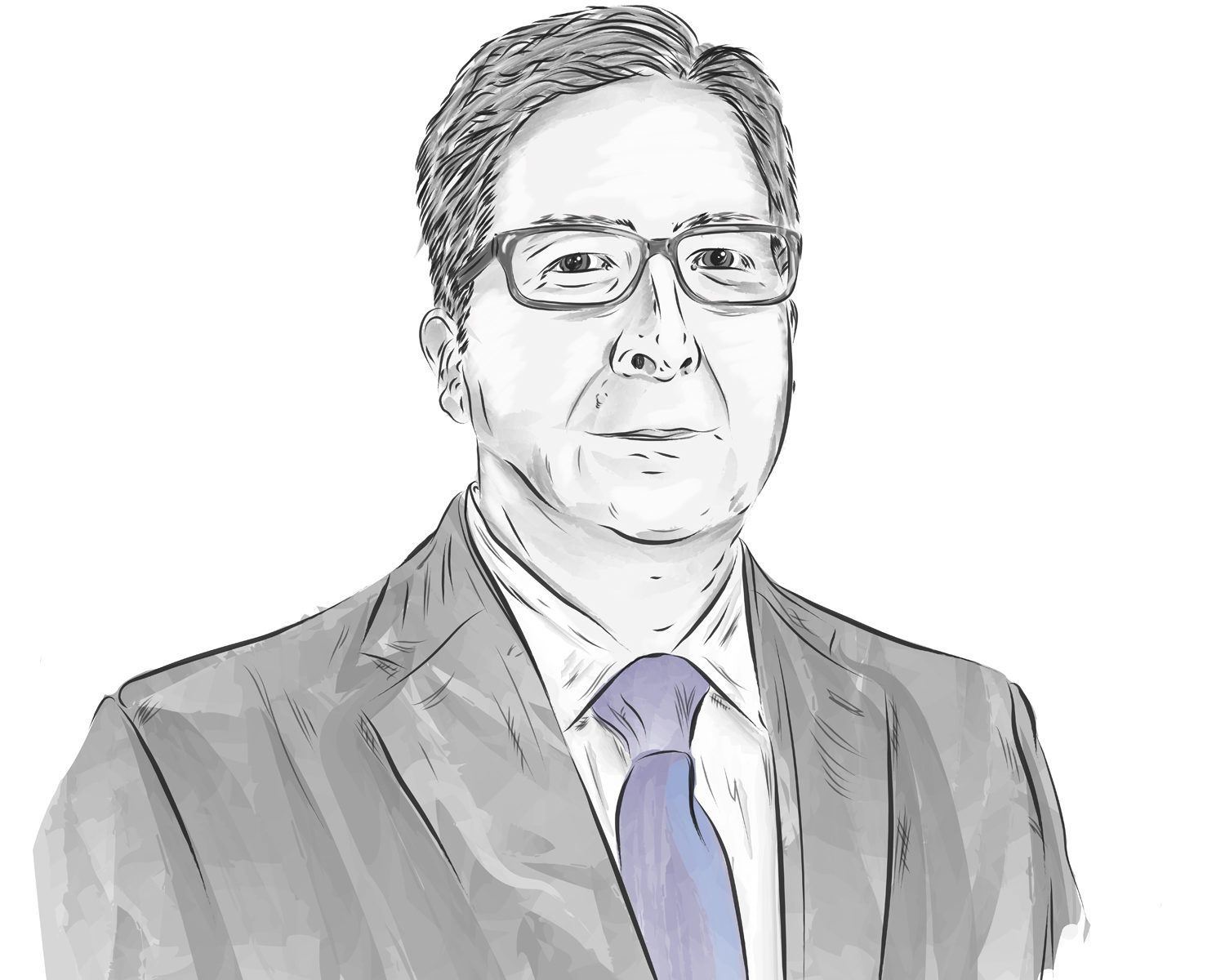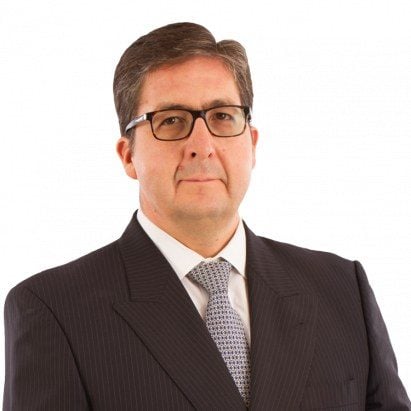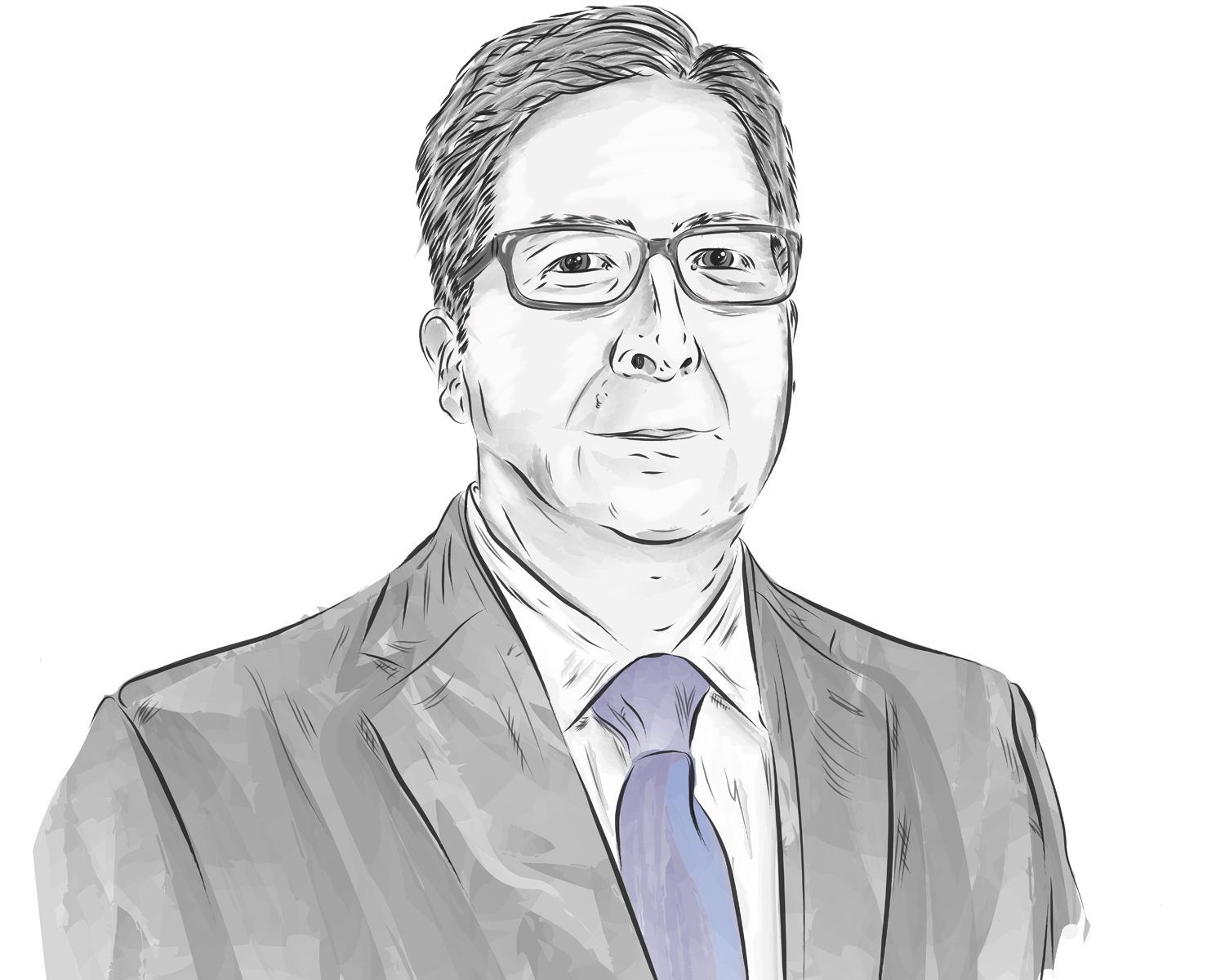How would you define your firm’s culture? How important is firm culture to you?
Culture is of the utmost important to me. Culture is more important than work climate or work environment – they are also important but less so than culture. Culture is what bring us together, what connect us, what make us grow, create, innovate. Culture appears, transpires; culture expresses by its’ self, is spontaneous, but at the same time constitutes the backbone of a firm. I believe culture is what makes us capable of overcoming a crisis and or challenge. Hence, culture is not only important, but the essence of any institution.
Ferrere is an institutional firm. As experts have noted, it is more than a family or professional firm, but has become an institution, supported by – or built upon – a very basic foundation: the firm comes first.
Our culture is supported by certain cornerstones: collaboration, meritocracy, teamwork, in-depth knowledge, leadership, hard work and diversity, among others, something that makes our culture unique. We work very hard to implement these values in the day-to-day activities of the firm. Moreover, I have seen my partners in all our offices and business units working hard to emphasise, and more importantly, to make these values living expressions of the Ferrere culture.
What’s the main change you’ve made in the firm that will benefit clients?
This is not an easy question to answer. We are always making changes, improving and correcting issues and problems here and there. However, if I were to choose a single change that has benefitted clients, it has been the structuring of the firm’s teams by area and industry, in a transversal way, regardless of the city or location.
This change has been of enormous help in Ecuador, because it has helped to strengthen the teams, providing better resources nationwide and doing so in a more efficient way by strengthening and promoting collaboration. Of course, this change was possible due to the fact that we are a lock-step firm with no eat-what-you-kill incentives. Hence, our associates and partners are stimulated to collaborate, to share projects and clients, with no concerns upon the revenue or its origin.
What are the biggest challenges facing firms of your size in Ecuador?
Ecuador has few law-firms the size of Ferrere. We are probably the only firm with fully fleshed offices in three cities (Manta, Quito and Guayaquil). This poses the first challenge: being able to provide services nationwide.
Price competition for quality service is also a big challenge. Clients expect excellence for a fraction of the cost.
Also, technology continues to drive competition. At Ferrere we are significantly investing in technology to keep our legal business up to date. We are always looking for innovative and creative ideas to keep our practice at the vanguard.
Another challenge is dealing with institutionalisation. Recent spin-offs, departures and new outfits in the local market express the need for firms to adapt and improve within an institutional model.
What do you think are the top three things most clients want and why?
Rapid, personal, and effective replies: lawyers invest time and energy keeping a close relationship with their clients. Clients feel rewarded by not only having a lawyer, but a trusted advisor. Frequent communication is vital to maintain a good relationship.
Quality and up-to-date legal expertise: clients with complex and multimillion-dollar businesses want the best talent and advice they can get in the market.
Results: clients want good/positive results. Focus on solving problems, and providing solutions.
What have you found is the best way to retain talent – both at partner and associate levels?
Culture and institutionalisation are key in terms of attracting and retaining talent. Money is important but not the only important thing when you aim to retain talent. Talent is selfish. It expects more than a big pay check. So, we are committed to being very competitive in terms of remuneration within our lock-step model, but we are also working effectively in developing other means to retain talent: meritocratic and periodic evaluations, career plans, specific programs for women and mothers, clear messages, access to interesting and challenging work from early stages of one’s career, motivational programs, graduate funding programs, sports programs, and flexible schedules, among others.
Partners pose a different challenge. They are, and shall be, treated as peers. Managing partners need to understand that they work for the other partners, they serve the other partners; your partners are your bosses. This is how the institution needs to feel, behave and believe. Although this may sound like rhetoric, when retaining partners, we ought to make our peers feel adequately compensated, improve communication, share work, and only then seek accountability.
Since becoming managing partner what’s surprised you most about running a firm?
Everything has surprised me, continues to do so, and I hope it doesn’t quit doing so!
Ferrere made a big move when opening Ecuador and absorbing our practice, so there were many surprises in the first few years. Moving from an eat-what-you-kill model to a lock-step was a major shock: we had to absorb not only the model but the culture behind it. The process produced less than expected casualties. Now, looking back, this is a pleasant surprise and we have generated a very strong team with solid cultural values.
Another thing that surprised me is the responsibility that comes with the position. Managing partners are devoted to clients and the firm. This implies that our work will be construed as a means to favour clients, the institution and its members. When doing so you are able to work for others, helping them grow as both professionals and individuals. It is not an easy challenge, but when institutional values are present, when there is sound leadership and functional and effective corporate governance – as Ferrere’s executive committee provides – then one’s role as managing partner becomes easier.


